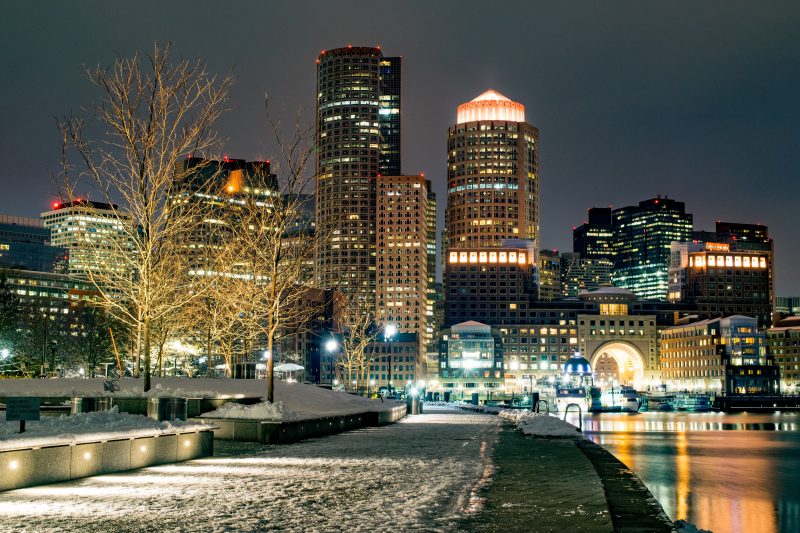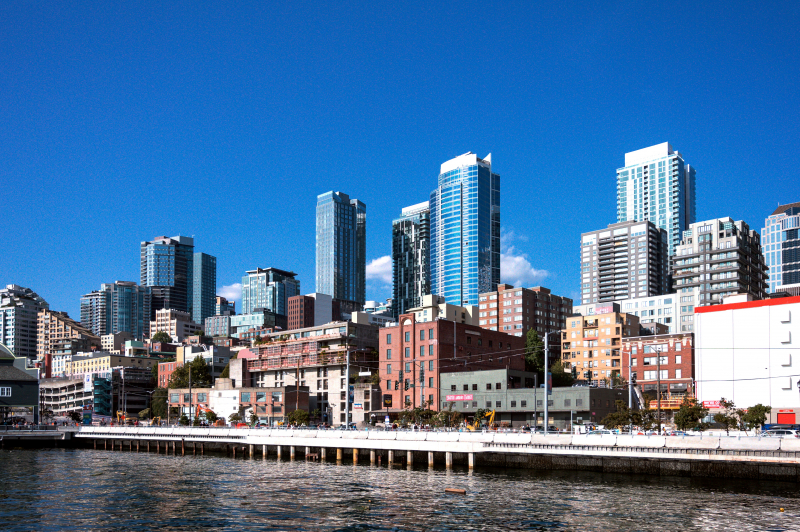James Otis Jr.
In keeping with the theme of flamboyant Colonial orators, we'll end with a Harvard lawyer who was born in West Barnsdale, Massachusetts, in 1725. To oppose Writs of Help, regulations that permitted agents of the crown to search anywhere in the colonies for signs of smuggling, he quit his position as Massachusetts' advocate general in 1761.
He enraged the laws and the monarchy itself in a passionate five-hour address on February 24, 1761, which rallied many Bostonians to the cause of independence. John Adams, a participant and the second president, wrote that the revolution "was then and there born." Throughout the 1760s, he continued to make similar statements against other arbitrary royal power abuses and even teamed up with Samuel Adams to write letters of protest that enraged King George III.
Otis was known for experiencing extreme mood swings between wrath and hopelessness. Unfortunately for his historical significance, when he challenged a royal commissioner in 1769 at the British Coffee House close to Boston Wharf and was seriously injured by loyalists, he was in a sense beaten into submission.
He was too traumatized by the mugging to continue advocating for causes or doing other types of political work, therefore he was forced to abstain from the revolution in the 1770s at its most crucial years. The most significant feature of his final years was that he publicly expressed a desire to be struck by lightning, which is exactly what happened. Even while that may have been satisfying, he deserved better.
Born: February 5, 1725, Barnstable, Massachusetts Bay, British America
Died: May 23, 1783 (aged 58), Andover, Massachusetts, U.S












